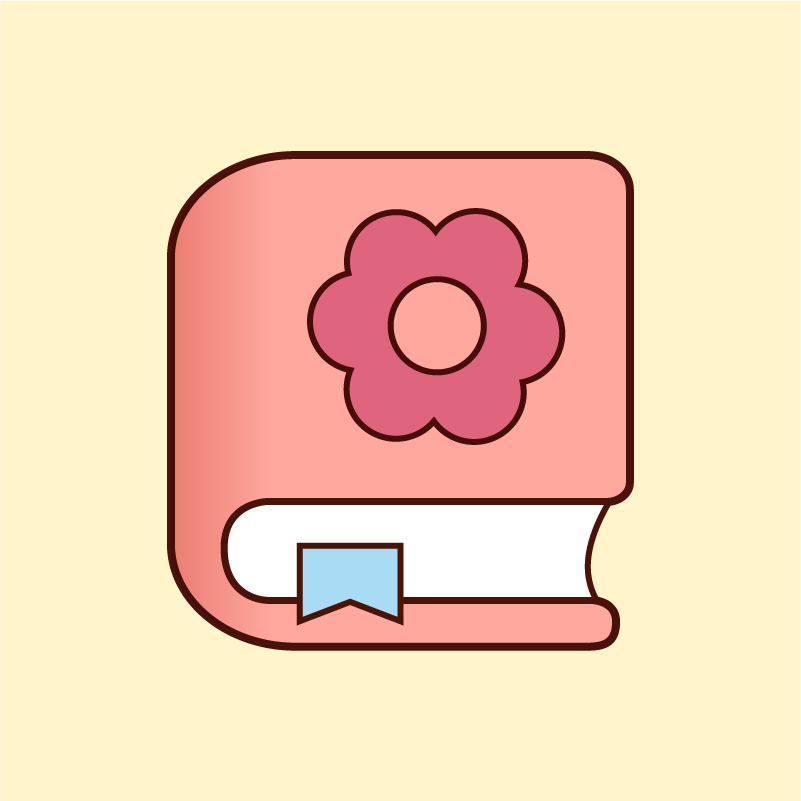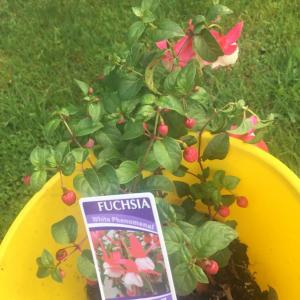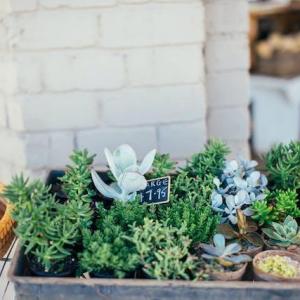Plant Experience
Detail
The care of Fuchsias includes making sure that there are no insects taking over the leaves of the plant. There are insects that will damage the fuchsia, so fuchsia plant care includes checking the area where the stem and leaf meet because this is a very common place to find insects.
The care of Fuchsias also includes water during hotter weather, but do not over water them or their roots will rot. Make sure the pots they are in provide adequate drainage.
When the weather gets colder, avoid the frost. Keep your Fuchsia growing by taking them inside. You can hang them inside an enclosed porch area or even inside your home. You can keep your fuchsia growing all year long by wintering them indoors. Come spring, after the chance of frost, you can put them back outdoors and they will thrive and flourish in the right conditions.
In spring, transplant the resting Fuchsia, especially if it is rootbound. After removing it from its existing container, dunk the root ball in a bucket of water and work off some of the soil. Then fill a new container about three quarters up with new soil and place the plant into the container. The fuchsia might look too small for the pot, but it will grow back and fill in the pot.
This Fuchsia standard needs pruning to ready it for the new weather. If it was planted in a hanging pot or in the ground, it would be cut back to six inches from the soil surface. Make cuts at the leaf nodes, where a leaf is attached to the stem and where new growth forms from the buds. Because the Fuchsia will drop its leaves over winter anyway, cut or pull all of them off. Then it's ready to store for winter.
The care of Fuchsias also includes water during hotter weather, but do not over water them or their roots will rot. Make sure the pots they are in provide adequate drainage.
When the weather gets colder, avoid the frost. Keep your Fuchsia growing by taking them inside. You can hang them inside an enclosed porch area or even inside your home. You can keep your fuchsia growing all year long by wintering them indoors. Come spring, after the chance of frost, you can put them back outdoors and they will thrive and flourish in the right conditions.
In spring, transplant the resting Fuchsia, especially if it is rootbound. After removing it from its existing container, dunk the root ball in a bucket of water and work off some of the soil. Then fill a new container about three quarters up with new soil and place the plant into the container. The fuchsia might look too small for the pot, but it will grow back and fill in the pot.
This Fuchsia standard needs pruning to ready it for the new weather. If it was planted in a hanging pot or in the ground, it would be cut back to six inches from the soil surface. Make cuts at the leaf nodes, where a leaf is attached to the stem and where new growth forms from the buds. Because the Fuchsia will drop its leaves over winter anyway, cut or pull all of them off. Then it's ready to store for winter.
Album (1)

Plants Encyclopdias
2016-08-17

Name: Fuchsia
Latin: Fuchsia hybrida
Origin: South America
Plant height: 50 - 100 cm
Reproduction: #Stems
Difficulty level: #Medium
Tags: #SouthAmerica #Fuchsiahybrida

Latin: Fuchsia hybrida
Origin: South America
Plant height: 50 - 100 cm
Reproduction: #Stems
Difficulty level: #Medium
Tags: #SouthAmerica #Fuchsiahybrida

Related Users
Elite Article















